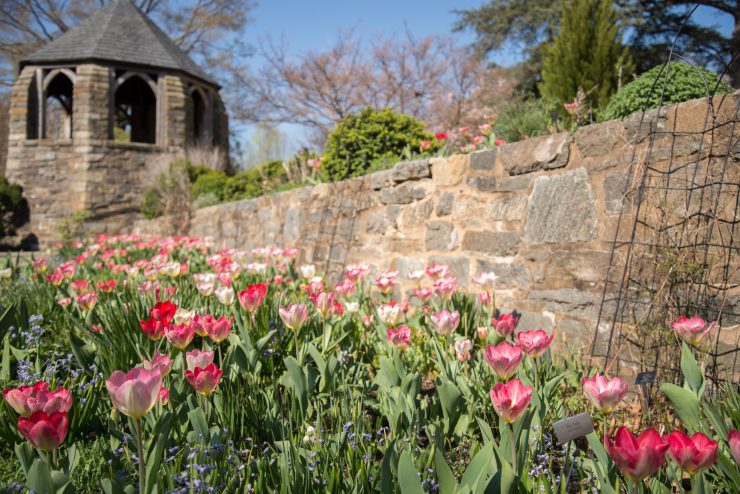The Rev. Canon Leonard L. Hamlin, Sr.

John 8:12-20
When Jesus spoke again to the people, he said, “I am the light of the world. Whoever follows me will never walk in darkness, but will have the light of life.”
The Pharisees challenged him, “Here you are, appearing as your own witness; your testimony is not valid.”
Jesus answered, “Even if I testify on my own behalf, my testimony is valid, for I know where I came from and where I am going. But you have no idea where I come from or where I am going. You judge by human standards; I pass judgment on no one. But if I do judge, my decisions are true, because I am not alone. I stand with the Father, who sent me. In your own Law it is written that the testimony of two witnesses is true. I am one who testifies for myself; my other witness is the Father, who sent me.”
Then they asked him, “Where is your father?”
“You do not know me or my Father,” Jesus replied. “If you knew me, you would know my Father also.” He spoke these words while teaching in the temple courts near the place where the offerings were put. Yet no one seized him, because his hour had not yet come.
In the Gospel Reading of John, Jesus is challenged with the words, “Here you are, appearing as your own witness; your testimony is not valid.”
Perhaps like many of the readers this morning, I am often captivated by novels, movies and documentaries that depict the complex dynamics of a witness providing testimony. The heightened presence of emotions, questions and varying perspectives all challenging the thoughts and conclusions on the circumstances at hand, draw the reader and viewer closer to the center of the scenario. At the heart and center of an occurrence such as this is always the making a determination on the credibility of the witness. The questioning can go on and on and back and forth while those who are listening are pressed to make a decision. An assessment of the witness is called for by all those present and as noted and often instructed, “As judges of the facts, you alone determine the truthfulness and accuracy of the testimony of each witness. You must decide whether a witness told the truth and was accurate, or instead, testified falsely or was mistaken. You must also decide what importance to give to the testimony you accept as truthful and accurate. It is the quality of the testimony that is controlling, not the number of witnesses who testify.”
We read the gospel today and journey through this season of Lent and must make a decision. I have been listening in this moment, reflecting upon all that I have heard as well as experienced firsthand and personally have concluded the witness is credible and I trust in His Word!
Faithfully,
Leonard
I love to tell the story of unseen things above:
of Jesus and his glory, of Jesus and his love.
I love to tell the story, because I know ’tis true.
It satisfies my longings as nothing else could do.
I love to tell the story,
’twill be my theme in glory,
to tell the old, old story
of Jesus and his love.
(Hymn- I Love To Tell The Story, Author: Kate Hankey; Author (refrain): William G. Fischer)